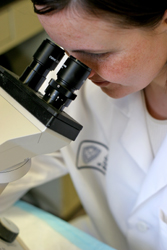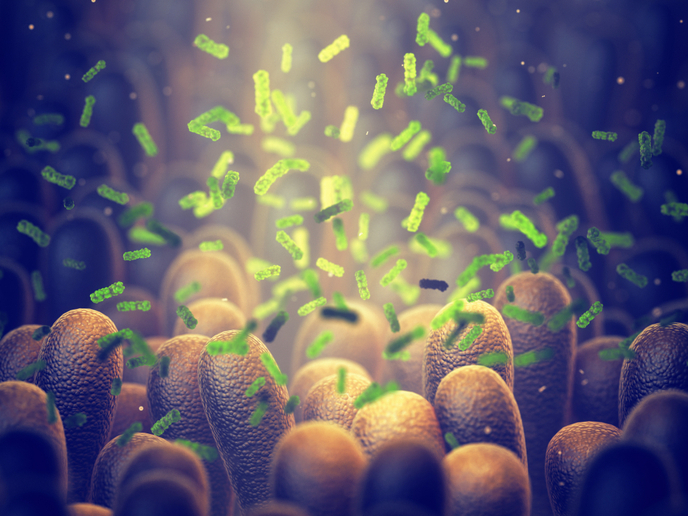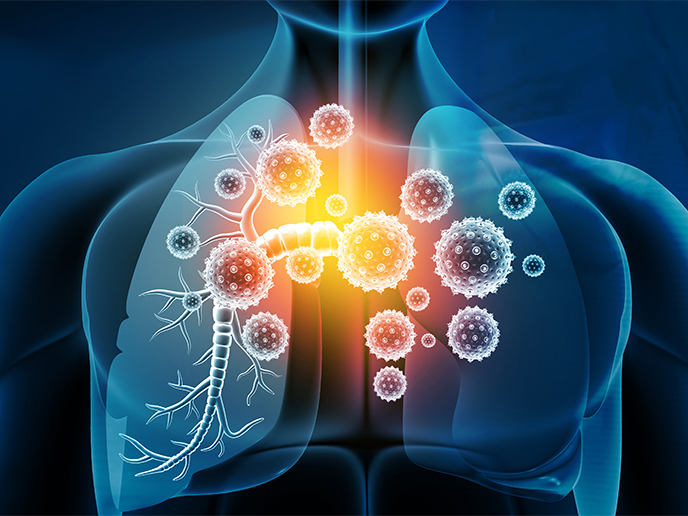Probiotics stop Salmonella in its tracks
Probiotics are dietary supplements that contain potentially beneficial bacteria or yeasts. Pharmacies and health food shops stock a range of these that can improve microbial gut flora and help prevent microbial imbalances. Partners working under the umbrella of the EU funded project PROPATH aimed to characterise the mode of action of some probiotics. They investigated the action of probiotic bacteria, lactobacilli and bifidobacteria against Salmonella in vitro and in vivo. The scientists used a certain strain of Salmonella enterica Typhimurium that has the ability to move, in common with the rest of that species of bacteria. They found that the inhibitory action of the two groups of bacteria were very different. Formation of organic acids like ethanoic and lactic acid by bifidobacteria was the sole reason for their ability to prevent the action of Salmonella. When the nutrient source was varied, beneficial changes were brought about for metabolism and growth. Moreover, Bifidobacterium longum had a positive effect on the growth of some lactobacillus strains. Different strains of lactobacilli by contrast used different defence mechanisms. Using large-scale fermentation studies, the team was able to characterise these. Some produce non-protein anti-Salmonella compounds that are active at low pH and are heat stable, unlike proteins. Specifically, three strains under observation were found to prevent the invasion by Salmonella of cell culture lines like those lining the enteron. Others changed the motility of the bacterium, which was its very key to success in causing salmonellosis. In vivo studies also yielded promising results. After administration of two strains of lactobacilli, there was found to be a reduction in the population of Salmonella in the gastrointestinal tract and tissues. The data compiled in this project is good news for food companies. In particular, it provides a basis for further research into symbiotic relationships between bacteria and interactions between pro and prebiotics, their nutritional source.







